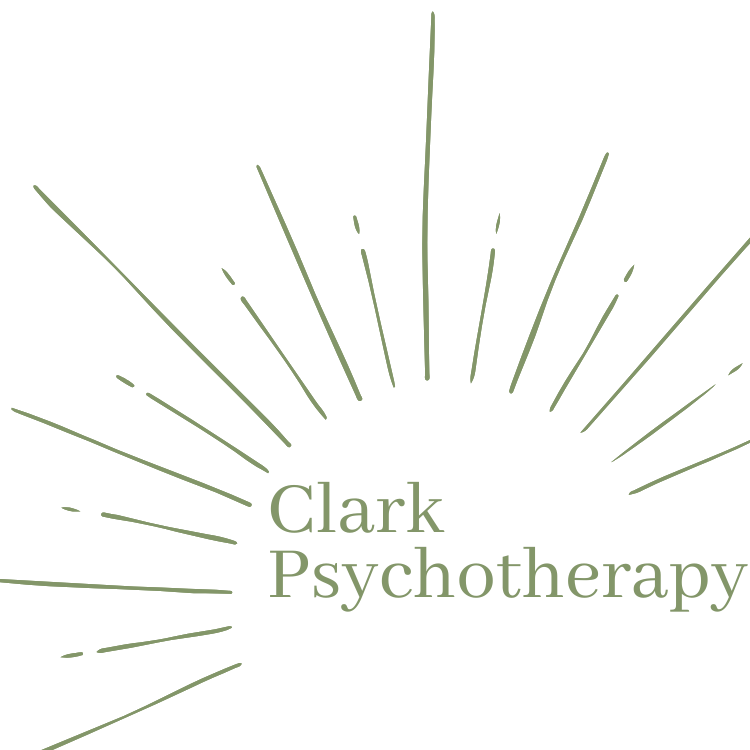Build out your distress tolerance toolbox
Part of recovering from a disordered relationship with food and your body includes learning to navigate tough emotions without turning to food or food restriction to alleviate distress. Disordered behaviors around food were likely once useful skills that were developed to help you deal with tough stuff.
Over time, these disordered behaviors may have become your only skill, your go-to way of coping. Recovery means expanding your toolbox of coping skills for tolerating distress so that your diet-culture brain isn’t the brain that takes charge in tough moments.
I’m guess that at this point in my blog post, you are totally on board and are eagerly awaiting a list of fresh tools. Unfortunately, I can’t provide that. The tools different for everyone and those that are most likely to stick are the ones you develop yourself. I know, I know.
What I can offer, though, are some guiding questions to help you find new ways of coping within yourself:
How did you take care of yourself when you were sad as a kid?
What do you know about your uncomfortable emotions?
What behaviors act as a reset button for you?
When do you feel good?
What would you need to do to tolerate a tough emotion rather than fight it?
Building your repertoire of coping skills doesn’t mean that turning to food is completely out the window; it just means that the tool has less power because it isn’t the only one. So yes, maybe after a tough day at work, you need some damn ice cream. That’s okay! Buy what else could you pair with the ice cream to help you process the day rather than just trying to drown it out?
Let me know what tools you are adding to your toolbox! Seriously, hmu: brianna@bodygrace.org
